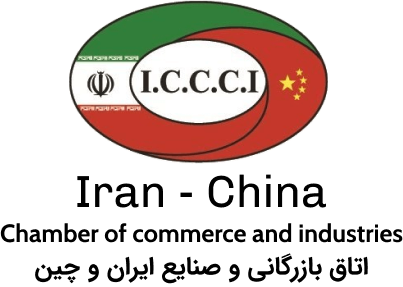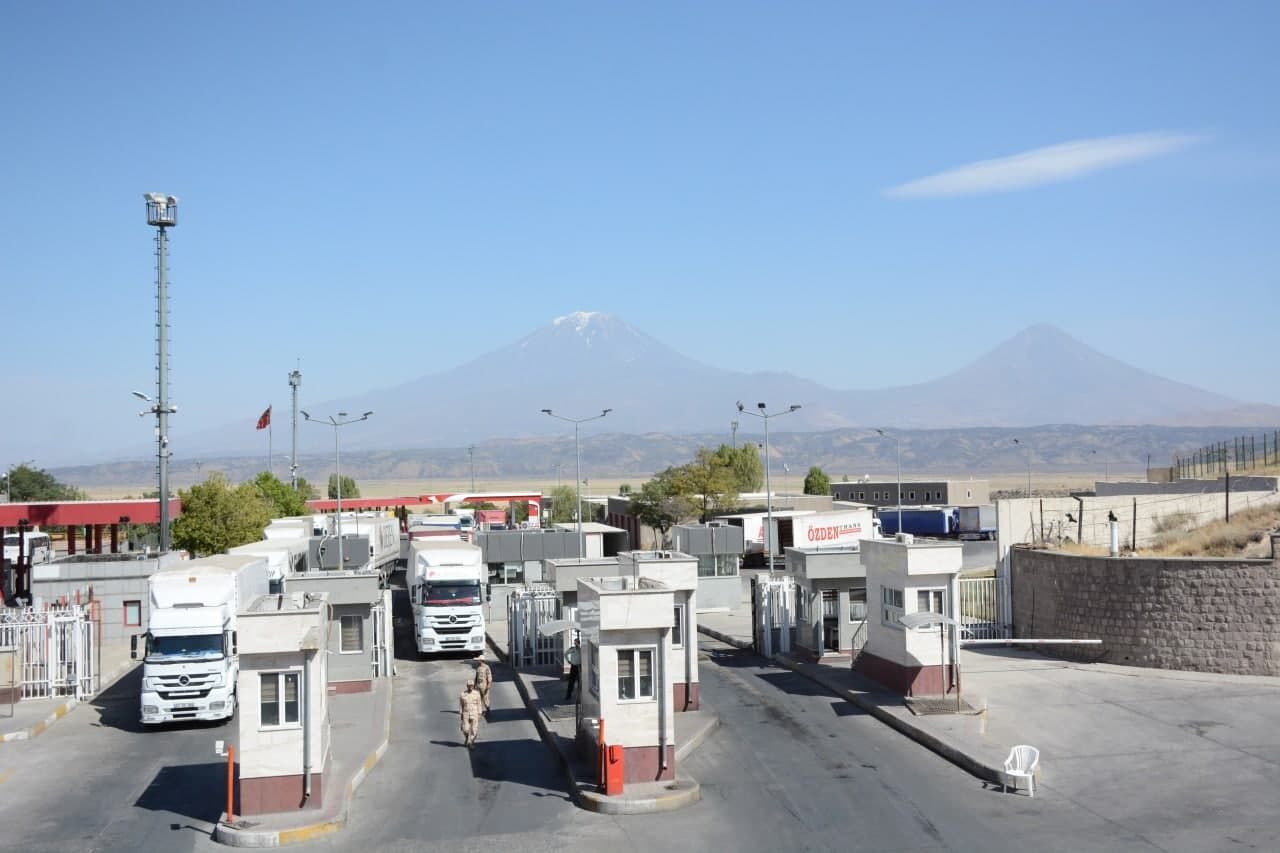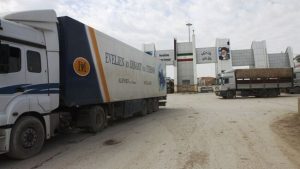Bazargan as the most active border point in Iran, which is located in West Azarbaijan Province, has turned into the symbol of connecting domestic and foreign trades.
Around 86,000 tons of commodities were exported from Bazargan Border Point within the first half of the Iranian calendar year (March 21, 2021 to September 22, 2021).
The Bazargan Border Point was inaugurated about 95 years ago, performing as transit corridor between Iran and other countries in Asia and Europe.
Bazargan Customs is among three border points between Turkey and Iran, which is part of Maku free trade zone and located one kilometer away from Bazargan city in Maku County, West Azarbaijan Province.
This border point is of utmost importance because it is the most active border point among more than 20 other customs and the corridor of the most trade volume between Iran and other neighboring states.
Managing Director of Bazargan Customs Mojtaba Bazgir told IRNA on Monday that in first seven months of this year, export of goods from this border stood at 86,283,000 tons, showing 64 percent hike comparing the same period of the last Iranian year.
The export commodities comprise of petrochemical items, agricultural products, ceramics, glass, iron, steel and textiles, Bazgir added.
The value of exported items stood at 337,366,134 dollars in the seven months, he said, noting that exports by other customs from Bazargan Border Point were estimated at 723,898 tons worth over 1.063 billion dollars in the same period, while the amount was only 410,992 tons last year.
Jaber Akbarpur, the director of Bazargan border terminal, told IRNA that the border point has got the first rank among all Iranian border terminals in terms of truck crossing in the first six months of this year with 131,178 crossings.
Iran exported items such as petrochemical and agricultural products as well as stone and metal goods to countries in Europe and Asia, Akbarpur said, adding that import commodities include industrial machineries, paint, skeleton frame, textiles and spare parts.
According to the official, some 25,500 passengers crossed the border point in the last six months, while observing health protocols amid the outbreak of COVID-19 pandemic.
Mohammad-Reza Abdolrahimi told IRNA that about 1.2 billion dollars of non-oil goods exported via the border crossing.





